He continued in reference to those in conflict, “We tell them to look at religious leaders; we don't come from one faith, one religion, but we are holding together.”
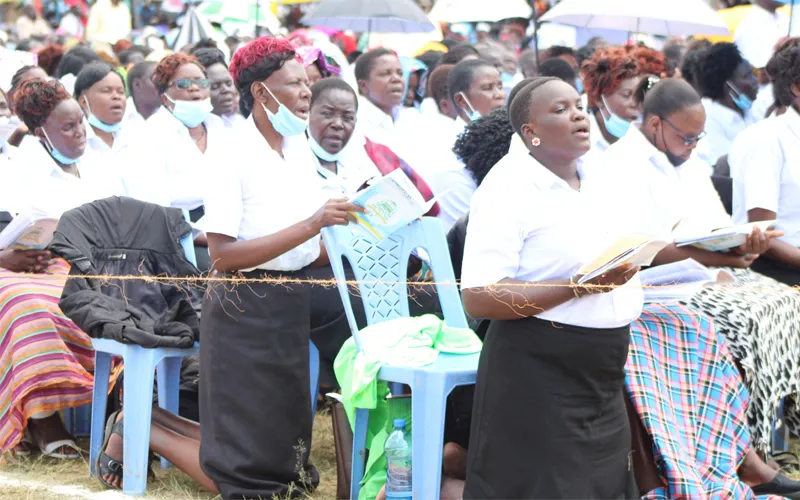 Credit: ACI Africa
Credit: ACI Africa
The unity in diversity manifested by religious leaders in South Sudan, Bishop Hiiboro said, “has helped us to resolve a lot of conflicts in the area and we are still doing it.”
Last year, Bishop Hiiboro recalled during the February 19 interview, “we had something like a tribal conflict but we have been working on it. You know when tribal differences come up, it is delicate because those who are in conflict have different faiths but the tribal thing always surpasses.”
“We are working hard to teach people that as believers we must go above our tribes and unite ourselves. So, the unity of religious leaders is helping us to solve problems,” the South Sudanese Bishop who turns 58 in March told ACI Africa.
(Story continues below)
Reflecting on the pastoral activities of his Diocese amid challenges, Bishop Hiiboro said, “The Church is doing well. We are grateful to God that despite the challenges in the country we are holding on. But our pride and our strength is faith. I call my Diocese a faith-led Diocese, a people who identify themselves with God and it gives us motivation.”
He rejoiced at the numerous vocations in his Diocese saying, “My Diocese is very big and am grateful to God that he has given me a lot of vocations. It is a fertile ground for vocations.”
“Many young people are adhering and moving into the Religious Life and Priestly vocations and this is a very encouraging element,” the Catholic Church leader said.
He added, “Our Diocese is also known to be the area of peace. We have conflict, but the good news is that people turn to God and ask Him to take control and answer their problem. We leave all issues and difficulties in the hands of God.”
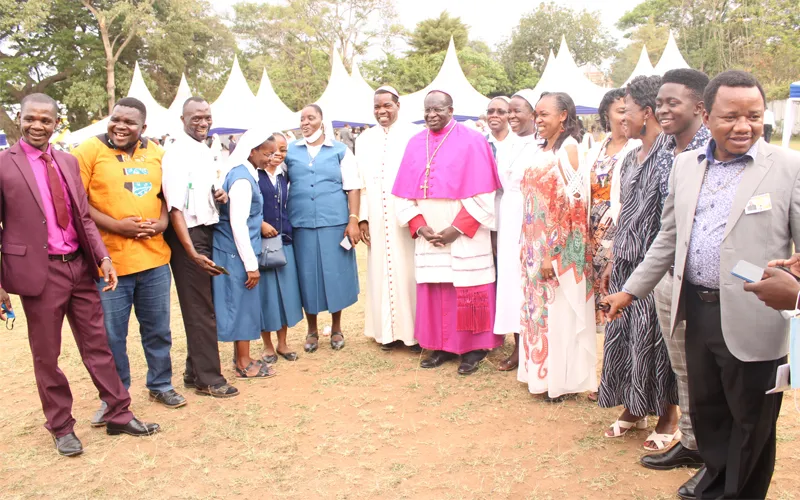 Credit: ACI Africa
Credit: ACI Africa
The people of God in the CDTY are working hard “to grow our own food and support ourselves,” the Bishop who has been at the helm of Tombura-Yambio Diocese since his Episcopal Ordination in June 2008 said.
Reflecting on the effects of the COVID-19 pandemic on his Episcopal See, Bishop Hiiboro told ACI Africa, “The pandemic has limited resources and availability of people coming into our Parishes and our community.”
He regretted that “many children have not been able to follow their education; some social services have not been in place because of COVID-19.”
The South Sudanese Bishop underscored the need to the people of God in the East-Central African nation to be “ambassadors of peace.”
“It is not enough to be called Christians or followers of God or Children of God. We need to work with this within ourselves, in our hearts, how is God for you in your heart. Once you know this and have the conviction about your faith then you will actually act from the power of what you believe in,” Bishop Hiiboro said February 19.
He added, “Let us be people who believe and act as believers and the rest of our challenges we will be able to solve them.”
Jude Atemanke is a Cameroonian journalist with a passion for Catholic Church communication. He holds a Bachelor’s Degree in Journalism and Mass Communication from the University of Buea in Cameroon. Currently, Jude serves as a journalist for ACI Africa.
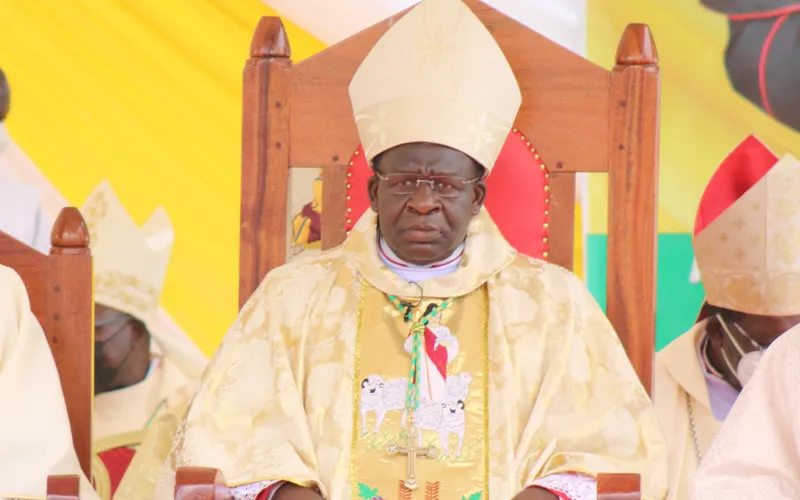 Credit: ACI Africa
Credit: ACI Africa


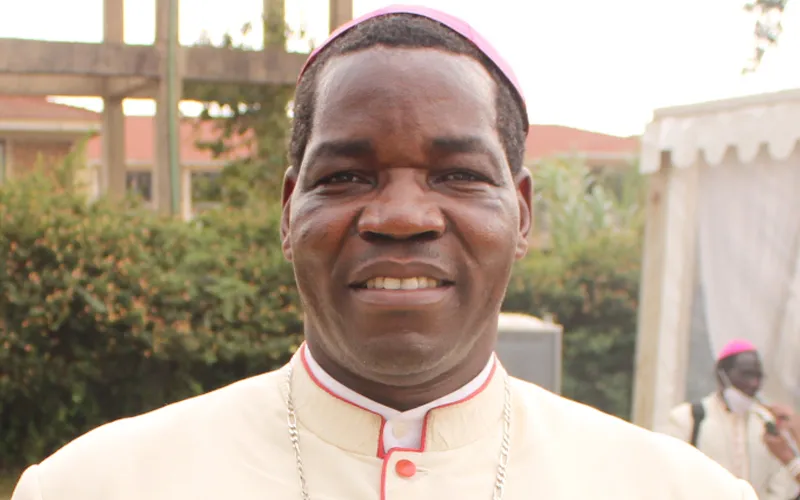
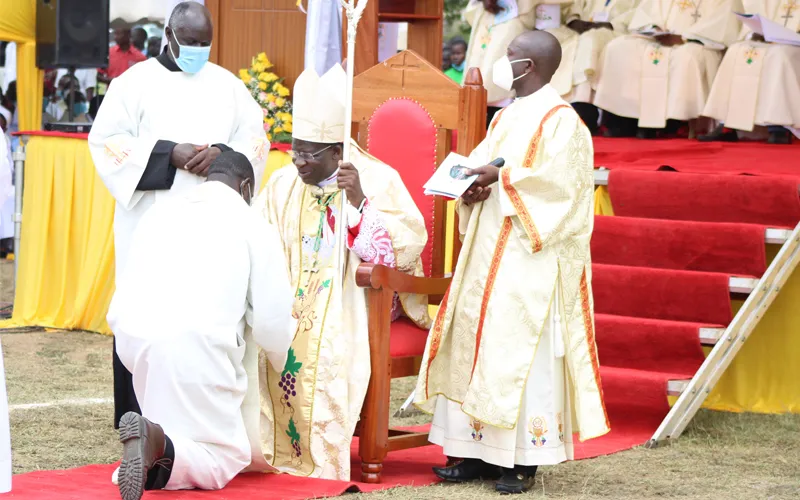 Credit: ACI Africa
Credit: ACI Africa
 Credit: ACI Africa
Credit: ACI Africa Credit: ACI Africa
Credit: ACI Africa


